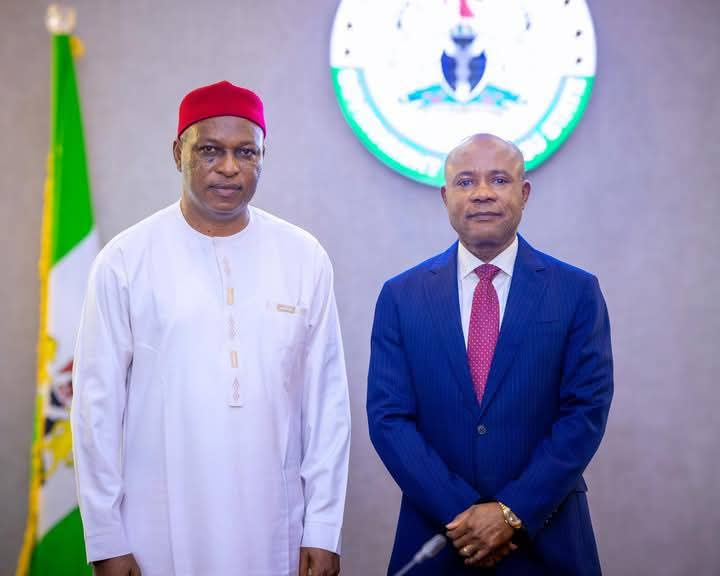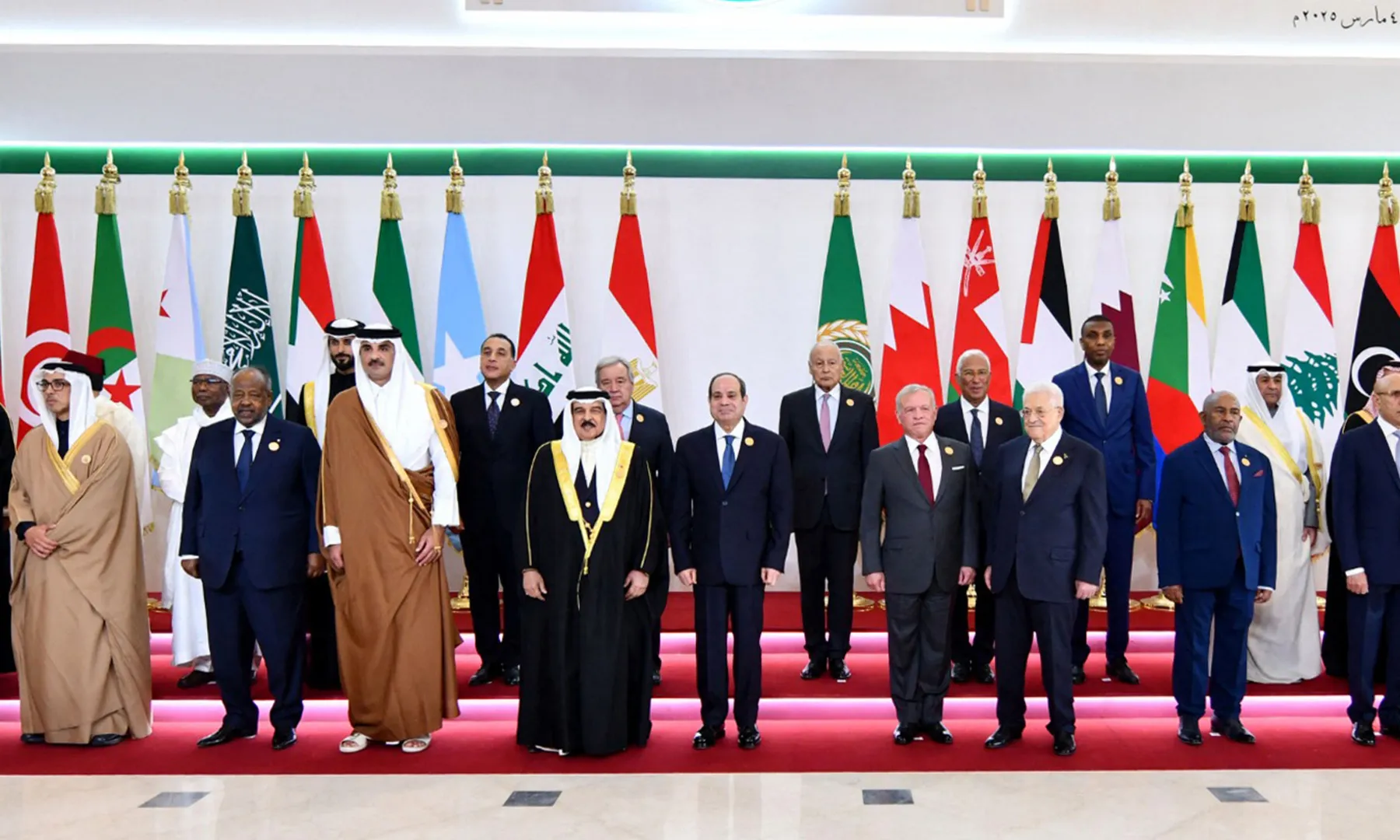The Nigerian Senate has defended its decision to purchase 360 Sports Utility Vehicles (SUVs) for its members, stating that the preference for imported SUVs over locally manufactured ones is based on cost and durability considerations.
While the Senate did not disclose the actual cost of each vehicle, it emphasized that the choice of SUVs was influenced by comparative analysis regarding the cost and durability of vehicles on Nigerian roads.
The controversy surrounding the purchase of the SUVs had earlier led the Socio-Economic Rights and Accountability Project to seek an injunction to stop the lawmakers from taking delivery of the vehicles. The group had also raised concerns over the alleged N57.6 billion budget for the SUVs, with each vehicle estimated to cost around N160 million.
Addressing the issue during a news conference, Senator Sunday Karimi, Chairman of the Senate Services Committee, pointed out that lawmakers have faced scrutiny over the vehicles while other officials, such as ministers, also have multiple official vehicles, including Land Cruisers and Prados.
Karimi explained that the choice of SUVs was made to ensure cost-effectiveness and vehicle durability, especially considering the poor state of Nigerian roads. He also noted that the issue of buying vehicles is recurring with each new assembly, and that the National Assembly owes suppliers approximately N16 billion for past vehicle purchases.
- Senate Confirms 11 New Justices of Supreme Court
- Senate Confirms 11 New Justices of Supreme Court
- Senate Launches Investigation into NNPC Over N11.35tn Spent On Moribund Refineries In 13 Years
- Senate Defends Purchase of 360 SUVs for Members
He highlighted the challenges faced by suppliers, including delayed payments and the need to cover expenses like VAT, taxes, and additional margins, which inevitably lead to higher costs for the vehicles supplied to the National Assembly.
The controversy over the procurement of the SUVs has ignited debate across the country, with some defending the decision as necessary for the work of lawmakers, while others criticize it as extravagant and call for more transparency in government spending.
This debate raises questions about fiscal responsibility, government expenditure, and the standards of public officials in a nation dealing with economic challenges and the need to allocate resources judiciously.




